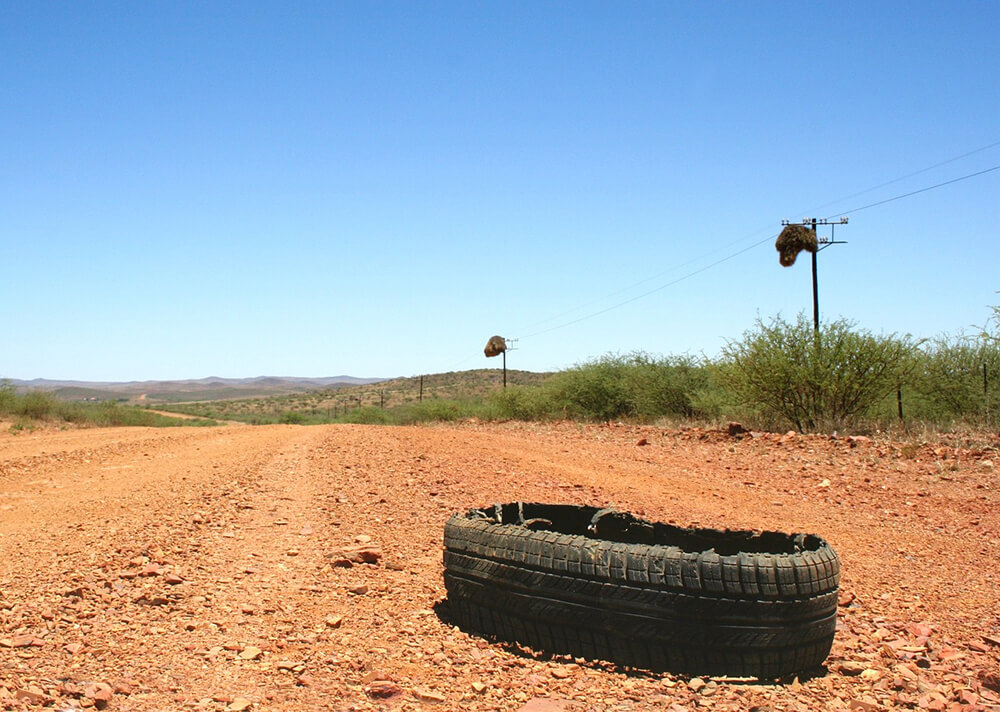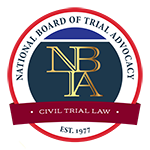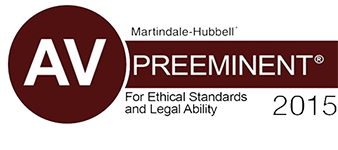
As a driver, you’re responsible for safety while on the road. This applies to more than practicing safe driving behaviors like keeping your eyes on the road and your hands on the wheel. You’re also supposed to make sure your car is safe to drive. One of the main components drivers need to pay attention to is their tires. When they’re neglected, tires can blow out and accidents can happen, which can cause terrible injuries. If a driver caused an accident because of a tire blowout that resulted in injuring you, there are legal steps you can take to financially recover. Golden Law Office has experienced Lexington car accident lawyers who will stand by your side and fight to get you the compensation you deserve.
Yearly car inspections are probably when people hear about the conditions of their tires. But perhaps if they knew what led to blowouts, they’d be able to identify problem without waiting a long time for a mechanic to find it. Let’s take a brief look at how tire blowouts happen.
Why Do Tire Blowouts Occur?
A blowout is when a tire bursts because of issues with air pressure. When a tire doesn’t have enough air pressure, the parts of the tire like the fabric, rubber, and steel all flex and overheat, which leads to the blowout.
There’s also the situation where the vehicle is too heavy for the tires to support. You may think this only applies to large trucks transporting goods—but it also applies to cars as well. Those with pickup trucks that use their vehicles to haul heavy loads should know that their tires may not be equipped to handle the weight of what they’re putting in the truck bed.
It’s also important to note that temperature affects tires pressure. In cold weather, tire inflation can drop. You need to keep an eye on your tire pressure so you know that they’re able to support your vehicle. If you don’t, you could risk the tire failing while you drive.
On the other hand, you need to be aware of over-inflation during hot weather. The heat causes the tire pressure to increase. While it may not be enough to cause a blowout, it can cause a lot of wear on the tire’s tread, which affects its grip on the road. This can lead to trouble with slowing down your car, especially in an emergency.
What Happens When a Tire Blows Out While You’re Driving?
There are some signs of a tire blowout that you can pick up on. The tire may make a booming sound or you may hear the air leaving the tire. If you don’t catch that, you may hear the weakened tire hitting the road. As you drive, you can feel your car slow down as the tire bursts, followed by your car forcibly shifting to a certain side.
These situations can be terrifying because they’re sudden, loud, and you know you have to respond quickly. Knowing what to do could make the difference between causing an accident and getting off the road safely.
The first thing to do is to refrain from slamming on the brakes. This is a typical knee-jerk reaction for people when they encounter an emergency on the road. You’re aiming to slow down your car as quickly as possible and get off the road, but this doesn’t work with a tire blowout. You need to let your car slowly decelerate because you no longer have a good grip on the road. Your hands should stay on the steering wheel. As you slow down, pull off the road so you’re out of traffic and slow to a stop. Then, you can put on your emergency flashers to alert other cars of your presence on the shoulder of the road. You can then call for assistance if you need to.
When You Need a Trusted Personal Injury Lawyer
While you may take measures to keep your vehicle safe, but this doesn’t mean that others will. When negligent drivers don’t check their tires or take care of them, they can easily lose control while driving and cause a collision that puts your entire life on hold. You shouldn’t have to be the one to pay for the damages. Our lawyers will make sure your rights are protected and you get a fair settlement that will help with your recovery. Getting started on your claim as soon as possible can bring you peace of mind. Give us a call today to set up a consultation.






